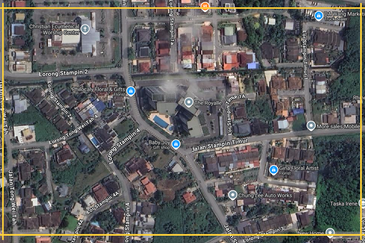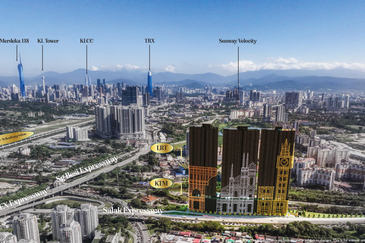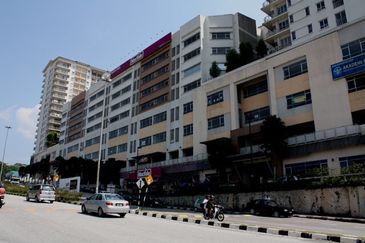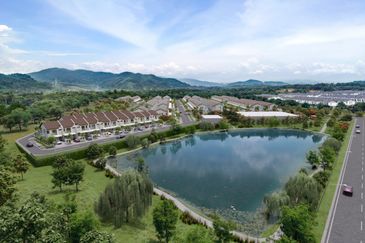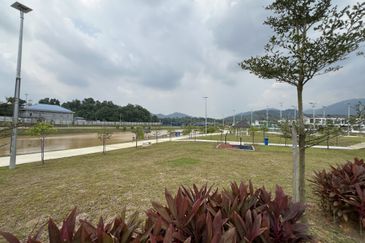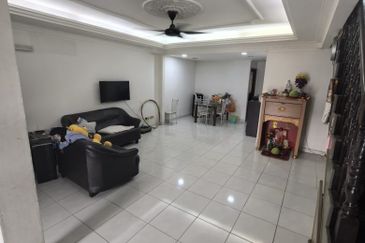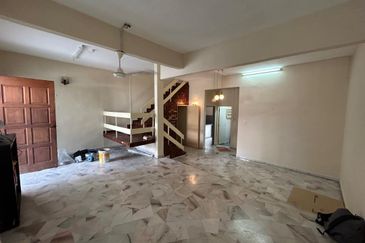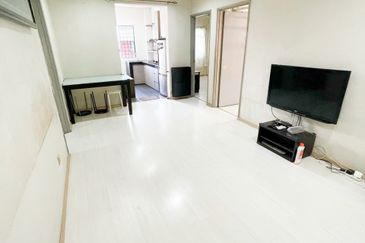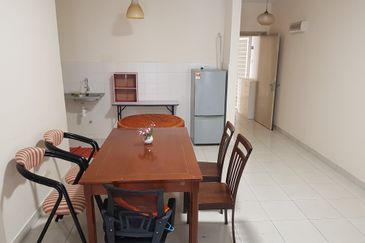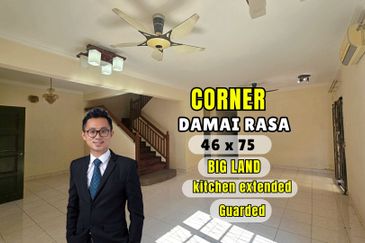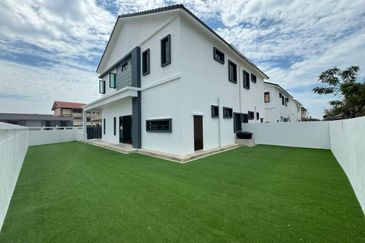
Property is widely considered a reliable investment when stocks plummet, bonds underperform and funds fall on rough ground. “Property investment is one of the safest and most stable investments. It can be a hedge against inflation in the long run or be a source of passive income,” says Carey Real Estate Sdn Bhd senior negotiator Melanie Kok.
Marque Asset and Property Management Sdn Bhd director Hansen Yeo concurs. “Property is one of the safest forms of capital investment because it is durable and possesses a long economic and functional life cycle. It can also be used for financing and refinancing when needed.
“Owners can satisfy their basic need for a roof over their heads and enjoy the freedom of using their own property however they want. Owning property in a prime location by a prime developer is also considered a status symbol,” says Yeo.
However, as with any investment, there are some things you may want to consider before putting down your money.
Here are some downsides of property as an investment.
If a person needs to use money urgently, property is not the easiest asset to liquidate, says Kok. It may take months before you see the cash in full.



Property is also a fixed asset at a particular location and is not moveable. This means it is subject to changes in its physical environment, such as to infrastructure or amenities, that will affect the value of the property, says Yeo.
“Investors also need to remember that property is an indivisible stock. Unlike stocks or equities, property cannot be divided into tradable units.”
He adds that the upfront costs for property investments are high compared with other forms of investment. This makes it important to factor in the total entry and exit costs of any investment in property.
Transaction time for property investments also take relatively longer than for other classes of assets — between three and nine months — depending on the type of title, restrictions in interest and state consent requirements.
Mapleland Properties vice-president Derrick Hum warns of the ugliest situation for a property investor: the abandoned project. “If the project is abandoned, the purchaser is left with a huge amount of debt,” he says.
Another downside of property investment, albeit temporary, is a mortgage. Depending on the loan tenure, repayments will shrink a person’s monthly disposable income. This is a common challenge faced by the middle-income group, adds Hum.
He also cautions property buyers to be wary of new projects that do not require down payments or that offer guaranteed investment returns. These attractive “freebies” tend to attract young and first-time homebuyers with limited financial knowledge.
“Hasty decisions made without fundamental analysis and proper financial assessments may cause buyers to potentially get trapped in sticky financial situations,” says Hum.
“There are many notes in the fine print that purchasers skim through in the sale and purchase agreement. This is particularly risky for those who aren’t prepared for loan repayments, for instance.”
Hum, Yeo and Kok advise investors to read agreements carefully before signing them because some have terms and conditions that are usually not highlighted to the purchaser. Hum says some real estate negotiators or sales officers focus on the positive points of a property but do not bring up the negative points. Property buyers should conduct a comprehensive check of the unit and its surroundings before closing the deal.
What turns an investment ugly
Internal factors
• Failure to plan your financial holding power: do not bank on short-term gains because over-gearing can result in a forced sale situation.
What you can do:
• Know your personal investment risk profile and have an exit strategy and alternative investment plans;
• Estimate the time it takes to dispose of a property in a given economic situation and the exit costs involved;
• Estimate investment expenses such as monthly outgoings (building maintenance charge, insurance, upkeep, assessment, quit rent, etc) for the property; and
• Estimate the cost of investment for renovations, fittings and furniture if the property is intended to be rented out.
External factors
• Watch out for a mismatch of demand and supply in the property market; oversupply and glut will dampen rentals and capital gains due to unhealthy competition among property investors to rent out or dispose of their property;
• Weak economic conditions that reduce purchasing power;
• For older property schemes, changes in age distribution, trends and taste will also affect returns;
• Poor workmanship by developer;
• Poor property management and maintenance; and
• Abandoned property projects which victimise property investors.
This article first appeared in The Edge Property pullout, on May 29, 2015.
TOP PICKS BY EDGEPROP
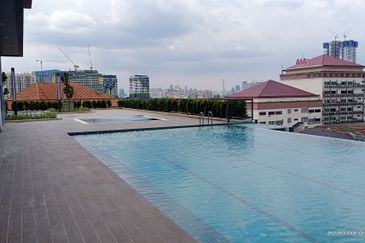
The Sky Residence @ Shamelin
Cheras, Kuala Lumpur
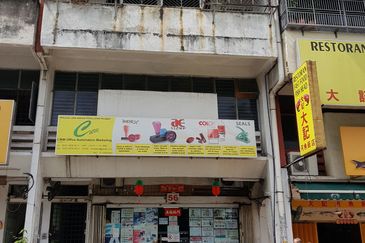
Sri Petaling KL First Floor Shop For Rent
Bandar Baru Sri Petaling, Kuala Lumpur

The Hipster @ Taman Desa
Taman Desa, Kuala Lumpur

Subang Jaya City Centre (SJCC) : Teja
Subang Jaya, Selangor


